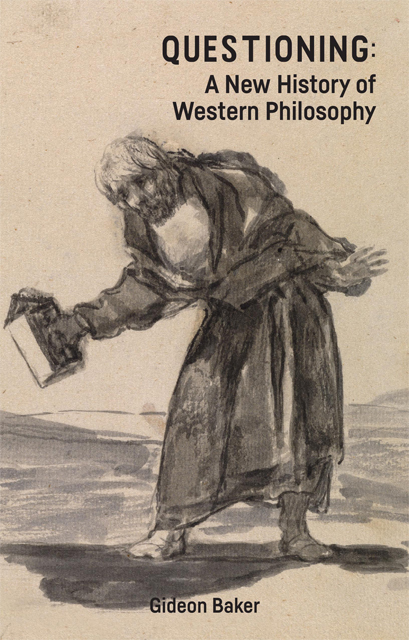9 - Eckhart
Published online by Cambridge University Press: 14 July 2023
Summary
A CONTEMPORARY OF DUNS Scotus, Meister Eckhart (c. 1260–c. 1328) was for centuries suspected of heresy. Today he is more often viewed as a great mystic and his questions as being among the most profound and penetrating in the history of the Western Church. As with Duns Scotus, Eckhart’s questions revolve around the problem that arises when God is understood as being One-All. If God is all in all, then how do his creatures differ from him (and if they don’t, then what worth could they be said to have as creatures)? And just as in Augustine (who Eckhart cites constantly), the question arises: if all is God, then how do we explain evil? If evil is in God, is God evil, too? We are already familiar with these thorny questions that arise from the fusion of Neoplatonism and Christian doctrine. Eckhart, however, has his own distinctive approach to them. Rather than questions being problems to solve, as they seem to be for Augustine, Eckhart turns them into affirmations. To question after God is to be one with him.
Eckhart’s questioning therefore belongs to the mystical tradition, where the distinction between seeking and what is sought is blurred to the point of indistinction. Yet I will show that this mysticism is really nothing other than a consistent application of the axiom of Neoplatonist philosophy that being is participation in the One: ‘one life and one being’, as Eckhart repeats often. Working from this first principle, Eckhart rejects everything that smells of self: being nothing, I can only question away from myself and towards the oneness that is God:
If everything corporeal [bodily or creaturely] were to be comprehended in this unity, it would be no different from that which this unity is. If I were to find myself for a single instant in this essence [God/the One], I would have as little regard for myself as for a dung worm. (Sermon 12, Eckhart 2009: 297)
As we shall see, the paradox of mystical union with God is that a questioning that truly puts self in doubt can lead to unshakable confidence. For if ‘I’ am nothing outside of God, then, to the extent that I am in him, I am always being reborn as his son. Not like his son, but really as his son.
- Type
- Chapter
- Information
- QuestioningA New History of Western Philosophy, pp. 93 - 102Publisher: Edinburgh University PressPrint publication year: 2022



